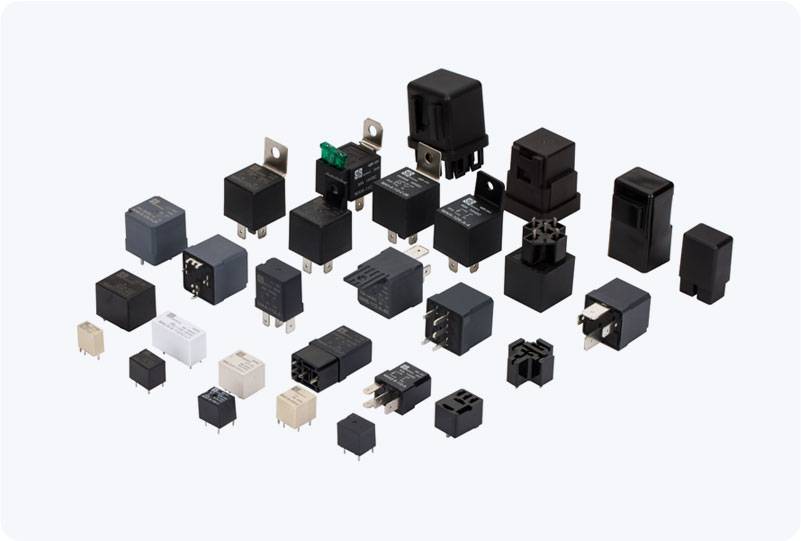understanding the importance of motor overload relay in electrical protection systems
Release time:2025-11-12 10:54:54
A Motor Overload Relay is an essential device in electrical protection systems designed to prevent electric motors from sustaining damage due to excessive current. It is a key component in safeguarding motors from conditions that could lead to overheating, failure, or even fire. In this article, we will explore the role, function, and application of motor overload relays, and why they are crucial in various industrial and domestic settings.

What is a Motor Overload Relay? A Motor Overload Relay (MOR) is an automatic protection device that detects and prevents electrical motors from operating under overload conditions. Motors, especially in industrial and commercial settings, are susceptible to damage when subjected to excessive load or prolonged periods of operation under high current. The overload relay functions by monitoring the current flowing to the motor and tripping (disconnecting the power) if it exceeds a preset threshold. Typically, motor overload relays work by sensing the heat generated by excessive current flowing through the motor’s windings. When the current exceeds the rated value for a certain duration, the relay will activate a mechanism that cuts off the power supply, preventing further damage to the motor.

